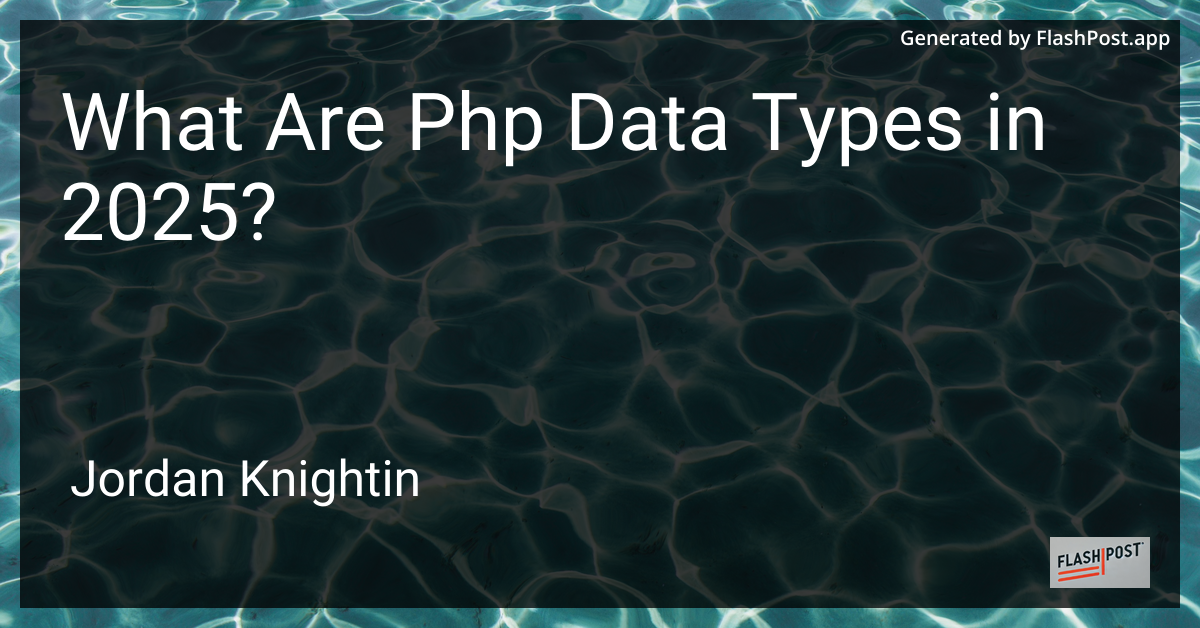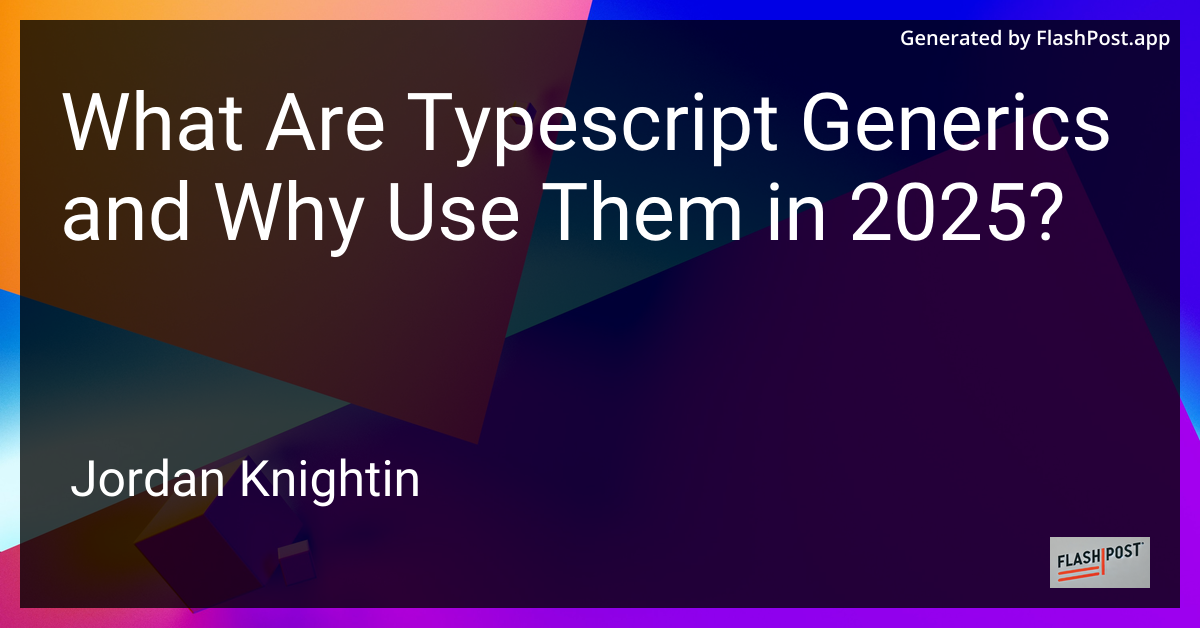

What Are Php Data Types in 2025?
As one of the most popular server-side scripting languages, PHP continues to evolve and improve its capabilities. A crucial aspect of PHP, especially for developers focusing on robust and optimized code, is understanding PHP data types. In 2025, PHP remains a leading choice in web development, largely due to its flexibility and ease of use. In this article, we’ll explore the latest information regarding PHP data types, offering insight into their use and what makes them indispensable in PHP programming.
What Are PHP Data Types?
In PHP, a data type is an attribute that tells the interpreter how the programmer intends to use the data. Each data type provides specific capabilities and functions. Here are the primary PHP data types you should be familiar with in 2025:
1. Integer
An integer is a non-decimal number between -2,147,483,648 and 2,147,483,647 (for a 32-bit system). Integers are one of the simplest data types in PHP and are used in mathematical operations and array indexing.
2. Float (Double)
A float is a number with a decimal point or a number in exponential form. It is used for mathematical operations requiring precision.
3. String
A string is a series of characters within single or double quotes. Strings are a fundamental data type for handling textual data.
4. Boolean
A boolean data type can only hold two values: true or false. Booleans are commonly used in conditional testing.
5. Array
An array is a complex data type that stores multiple values in one single variable. There are three types of arrays in PHP: indexed arrays, associative arrays, and multidimensional arrays.
6. Object
An object is an instance of a class. Classes are blueprints for PHP objects, allowing you to model real-world entities and manage their properties and methods.
7. NULL
The NULL data type denotes a variable with no value or a variable that has been explicitly unset.
8. Resource
A resource is a special variable holding a reference to an external resource like a database connection.
PHP Data Types Enhancements in 2025
In 2025, PHP remains robust in handling data with enhancements and tweaks. An increased emphasis on type safety and stricter type declarations serve as evolutionary steps towards modern programming practices. These changes include:
-
Typed Properties: Introduced in PHP 7.4, typed properties continue to provide more control over class members in 2025, ensuring that developers explicitly declare the data type of properties.
-
Union Types: Union types allow a parameter or property to accept multiple types, enhancing flexibility and reducing coercion issues.
Beyond Data Types: Utilizing PHP Functions
PHP is more than just handling data types; it extends into various functionalities, improving efficiency and applicability in multiple domains. Discover more on leveraging PHP for specific tasks:
-
PHP Email Functions: Learn how to send emails using SMTP in PHP for robust email handling.
-
Convert LaTeX to PNG with PHP: Convert LaTeX documents to PNG format using PHP for seamless content generation.
-
Execute PowerShell Script Using PHP: Find out how PHP can execute PowerShell scripts, bridging scripting capabilities for larger tasks.
-
PHP Update MongoDB Document: Integrate PHP with MongoDB to efficiently update database documents.
Conclusion
Understanding PHP data types in 2025 continues to be essential for writing efficient and error-free PHP code. Keeping up with data type trends and updates ensures that developers capitalize on PHP’s full potential. Also, extending PHP capabilities beyond data handling into email management, LaTeX conversion, PowerShell execution, and MongoDB integration secures its place as a versatile programming language. Whether you’re building dynamic websites or engineering complex applications, PHP remains a powerful ally in your developer toolkit.
This Markdown-formatted article includes SEO-friendly content about PHP data types and strategically places links to other PHP-related resources, providing readers with context and additional insights into utilizing PHP beyond basic data handling.